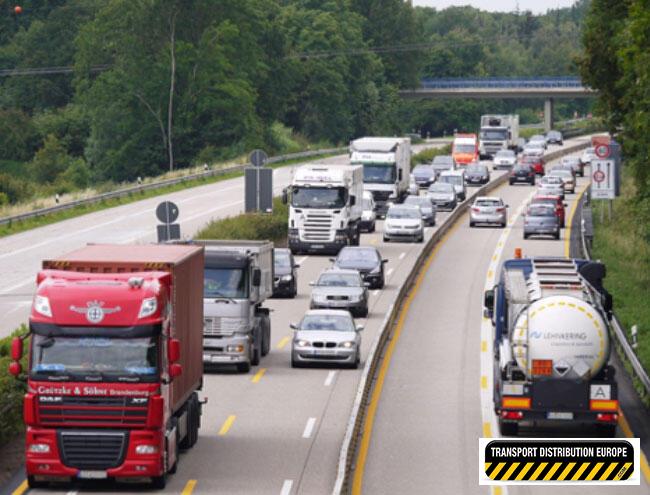Driver CPC Training Explained
Aug 13, 2019
by Matthew De Machen, MD of TrainDrive
Any person who drives a bus, coach or lorry must undertake the Driver CPC Training in order to legally operate such vehicles. Here, we answer several of the most common questions about the certification, including who must obtain one and what the training entails.

What is the driver CPC training?
The Driver Certificate of Professional Competence (CPC) certification was introduced by the European Union (EU) as a set of standards that all professional drivers must be able to demonstrate to show competency and ongoing education and training. The certification is valid across Europe and was established to maintain professional driver safety standards for any person operating within the continent.
The majority of professional drivers who have a driving licence under Category C or D must obtain the CPC certification. Failing to do so can result in a fine of up to £1,000.
Who needs driver CPC training?
Any person who drives a lorry, coach or bus professionally should undergo the training. There are, however, some exceptions, but these mostly relate to those driving for non-professional purposes (for example, driving a lorry yourself when moving house).
For the full list of driver CPC exemptions, consult this advice from the Driver and Vehicle Standards Agency (DVLA). If you are still unsure whether you need to obtain the Driver CPC, it is recommended to discuss your situation with a qualified legal adviser.
What is the initial training?
Initial Driver CPC certification is necessary for all new drivers with a category C or D licence who are driving professionally.
The initial CPC qualification is made up of four sections. Part 1: theory test, Part 2: case study test, Part 3: driving ability test, and Part 4: practical demonstration test. All four must be passed in order to obtain the qualification and receive the Driver CPC card, sometimes referred to as the Driver Qualification Card (DQC).
What is the CPC card?
Once a person has completed their training and passed all tests, they will receive their CPC card in the mail immediately afterwards. The card contains that individual’s unique CPC number.
This card is extremely important and must be carried on-person when driving for professional purposes, along with your driving licence. You may receive a £50 fine for driving professionally without having the card on them.
The CPC card will be sent in the post to the address that is on your current driving licence, so it is important to make sure that information is up-to-date. If the information is incorrect, then you may have to wait for a longer period before receiving a replacement card, as well as paying a £25 fee.
What is periodic training?
In order to keep the Driver CPC valid, professional/commercial drivers must complete a compulsory 35 hours of periodic training every five years. If a person fails to undergo this training, they will not be legally allowed to work and both the driver and their employer can be faced with a large fine.
Many people choose to undergo five, seven-hour training sessions, with the successful completion of the course being based on attendance alone. This means that there are no tests to pass with the periodic CPC. The course is used simply as a means of professional development and to refresh knowledge.
To keep a track of how many hours’ training you have completed and the courses you have attended, you can register on the UK Government gateway and use their online tool.
For further advice or to book CPC periodic training, contact TrainDrive on info@traindrive.co.uk
Author:
Matthew De Machen is MD of TrainDrive, a company specialising in driver training courses for HGV, LGV, Ambulance vehicles and more.
